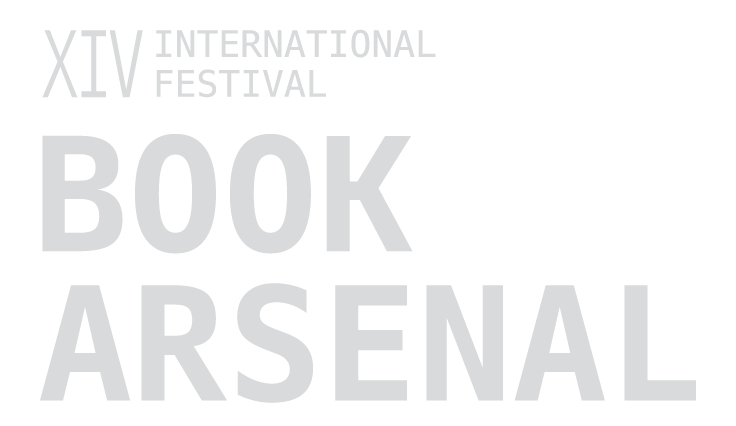Alisa Bondarenko, Hanna Ustynova
Can our language become a home for other people’s thoughts? Can it become a heart for other people’s thoughts and actions? Can we hope that by once again explaining russia’s war against Ukraine to foreigners, we will trigger the arrhythmia of sincere empathy in them?
The search for new words, which can bear witness to the experience of living through the war, often leads us into a waiting zone: there we cherish hope that the souls of our diaries and photo reports will resonate in other people’s souls. But can we be sure that the cardiogram of translation will work?
During PEN’s recent literary and volunteer trip to Chernihiv region, we visited a library in Semenivka, 10 km from the russian border. Despite frequent shelling, the local librarians remain optimistic and hold their library like a fortress. Remembering their courage, we wonder how to describe to our colleagues and friends from abroad the sound of the end of the world that almost daily rings in the librarians’ ears because of strikes of enemy drones? How to translate the heartbeat of a recruit in the dugout, or of the families whose loved ones have gone missing, or of the people who have experienced the russian occupation firsthand?
And after we voice this, we hold our breath, we listen to and feel: the rhythm of our hearts resonates. We exhale the answer: to continue bearing witness, finding and holding on to your people. To those who realize the degree of fragility and jeopardy of our common democratic future.
PEN Ukraine expresses deep gratitude to the Norwegian people—due to their powerful support and scholarship program, Ukrainian authors are able to continue their mission: to document the wounds of time and to translate our experience of war.
We pay tribute to the heroic work of translators from Ukrainian into foreign languages, to the winners of the Drahomán Prize—they open our culture and society to the world.
We talk about the mutual translation of cultures with Lithuanian authors, whose support for Ukraine is growing stronger and stronger.
We remind the world of the price of the truth and the power of human dignity with the presentation of the book Free Voices of Crimea, advocating for the cases of Crimean authors-political prisoners.
We cherish the memory of those who taught us to fight and remember justice—about Viktoriia Amelina and Ihor Kozlovskyi. Looking at Women Who Look at War and Free in Captivity. Now it is our turn to bear witness to them.
And we also translate love. So that not a single letter of care and gratitude is lost in translation of circumstances and daily trials.
Our heartbeat is intermittent and rapid. The recording of our experience is loud and multi-channel. But most importantly, it is not distorted.

